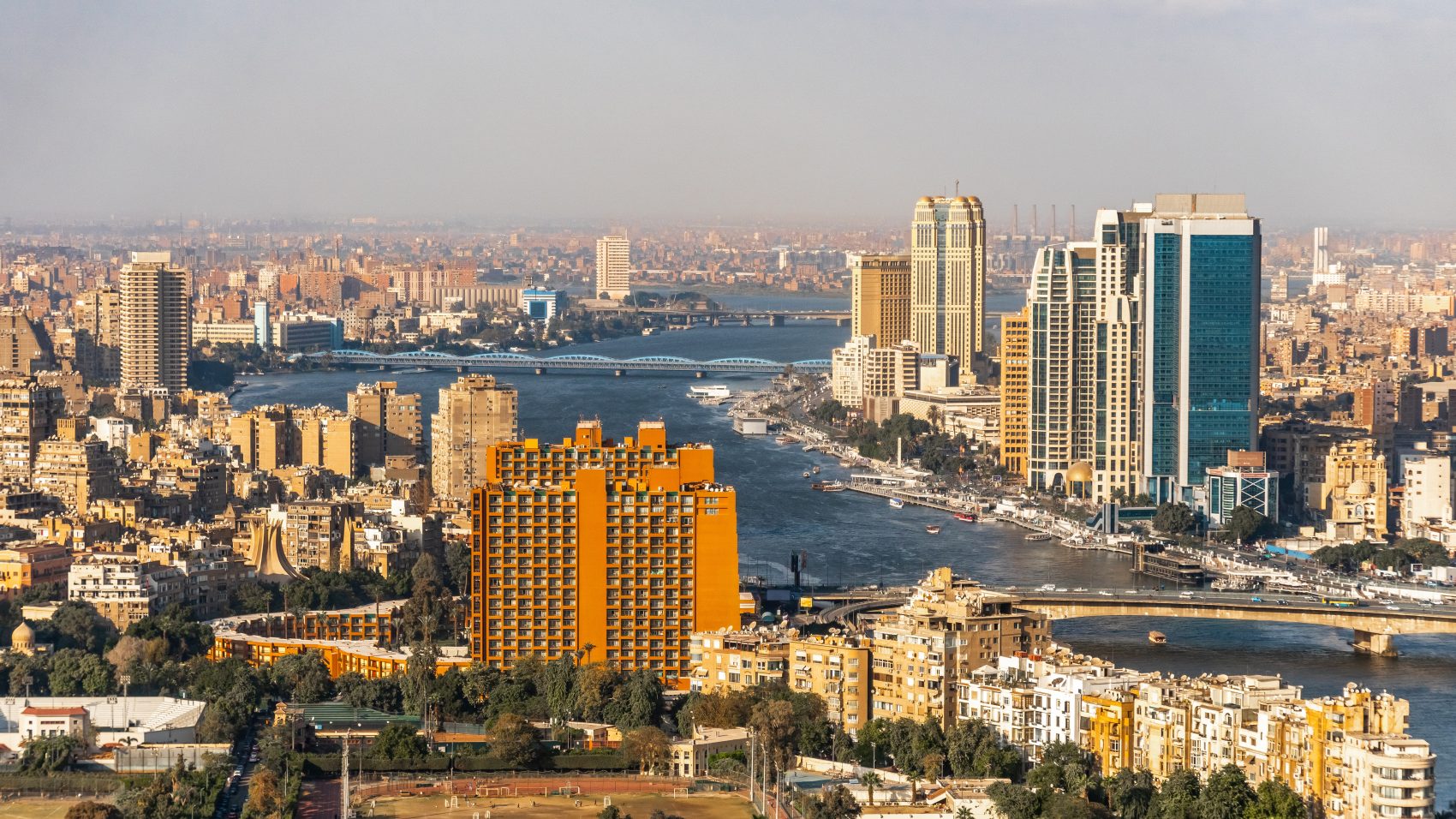Expanding into the Middle East: Why Egypt is the Starting Point
With rapid digital advancements and rising demand for more diverse economies, the Middle East and North Africa (MENA) region continues to develop as a key player in global investment. Egypt is one of the countries strategically positioned as a key entry point and a reliable partner for companies looking to explore the region. With $11 billion in net inbound foreign direct investment in 2022, Egypt solidified its standing as a major investment destination and strategic player.
In the first part of our Emerging Markets in MENA series, we’ve covered the advantages of Mauritius as a strategic gateway for businesses seeking expansion across the region, particularly into North Africa. In this second part, we shift the spotlight to Egypt and examine how it can be a pivotal launchpad for companies aiming to enter the Middle Eastern market.
Why MENA?
Emerging markets in MENA, such as Saudi Arabia and the UAE, are fast gaining traction as they modernise their financial infrastructure, resulting in record levels of foreign direct investment (FDI). MENA also recorded 51 IPOs in 2022 that collectively raised $22 billion, setting a strong pace through 2025. Additionally, economic diversification efforts in the region are gaining momentum as governments steer away from oil dependence and shift to dynamic sectors such as tourism, renewable energy, fintech and logistics. The MENA region also benefits from its position at the crossroads of Europe, Asia and Africa, and plays a vital role in facilitating global trade through its vast logistical reach.
Entering the Middle Eastern Market through Egypt
Egypt has emerged as a cornerstone of regional influence and connectivity, becoming an ideal gateway for those who wish to penetrate MENA markets, particularly in the Middle East. With a population estimated at over 118 million as of mid-2025, Egypt is the most populous Arab country, providing substantial scale and opportunity for consumer-driven sectors such as retail, telecommunications and financial services.
Egypt’s advantageous location, the Suez Canal and extensive port infrastructure make it a significant player in regional trade. Its participation in key trade agreements like COMESA, GAFTA and EU Association Agreement provides better access to African, Arab and European markets. All these factors position Egypt as a central hub for intra-regional commerce.
Through its investment-friendly zones, tax reforms and digitalisation, Egypt is improving the business environment and boosting investor confidence, making it easier to do business in the country.
Egypt is making it easier to do business through tax reforms, digital upgrades and special investment zones. These zones offer investor incentives, while digitalisation is streamlining services and registration. Together, these changes are boosting investor confidence and improving the business environment. In 2024, Egypt attracted $47 billion in foreign direct investment, ranking as the ninth-largest FDI recipient globally and first in Africa.
What are the key sectors to watch
According to Jeroen van Zanten, Bolder’s Global Head of Growth, Marketing & Communication, Egypt presents a dynamic and increasingly accessible landscape for investors, especially in venture capital. Backed by strong government initiatives and growing market momentum, several key sectors are attracting attention such as Renewable Energy, Green Tech, FinTech and Healthcare.
“In 2024, Egyptian startups collectively raised over $1.4 billion across approximately 300 deals, marking a 35 per cent year-on-year increase. Key VC players include local firms such as BPE Partners and Algebra Ventures; corporate investors like Elsewedy Capital and Beltone VC (which deployed EGP 120 million); as well as regional and international funds,” he further explained.
Government-backed initiatives—including a $100 million sovereign co-investment platform, a startup charter targeting $5 billion in inflows are catalysing VC activity.
Exit activity is also growing, with IPOs exceeding $400 million and over $700 million in M&A transactions.
How we can help
Egypt serves as a vibrant springboard for further MENA expansion. From startups to global players, the country opens doors to scalable, cross-border opportunities. One of the most effective market entry strategies is leveraging local networks and expertise through strategic partnerships with experienced service providers like Bolder Group.
To help you navigate Egypt’s regulatory and cultural landscape, our MENA desk (Gerben Lunter, Siti Strijbosch) is ready to assist. For more information about our services and how we can support your journey, feel free to contact one of our Bolder representatives.
Disclaimer
Bolder Group does not provide financial, tax or legal advice and the information contained herein is meant for general information purposes only. We strongly recommend that before acting on any of the information contained herein, readers should consult with their professional advisers. The Bolder Group accepts no liability for any errors or omissions in the information, or the consequences resulting from any action taken by a reader based on the information provided herein.
Bolder Group refers to the global network of independent subsidiaries of Bolder Group Holding BV. Bolder Group Holding BV provides no client services. Such services are provided solely by the independent companies within the Bolder Group which are each legally distinct and separate entities and have no authority (actual, apparent, implied or otherwise) to obligate or bind Bolder Group Holding BV in any manner whatsoever. The operations of the Bolder Group are conducted independently and have no affiliation with third party financial, tax or legal advisory firms or corporations.
